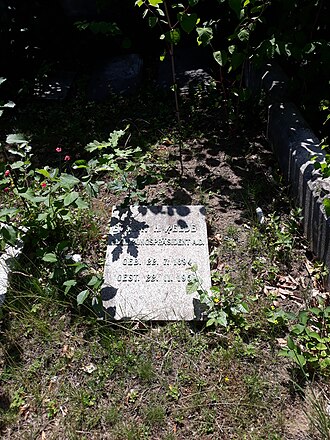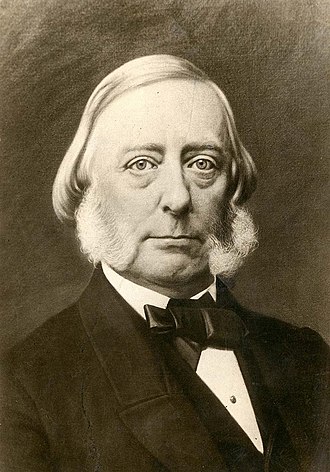Reeder Last Name Origin, History, and Meaning
Where did the surname Reeder come from? What does the surname Reeder mean? Discover the history and meaning of the last name Reeder and family migration on YourRoots Map.
Surname Reeder Origin: What does the last name Reeder mean?
The surname Reeder is of English and German origin, with records dating back to the early 16th century in England. It is believed to have derived from occupational roots, possibly meaning "reed maker" or "reedy place." Over the centuries, the Reeder surname has spread globally, with significant frequencies recorded in the United States, the United Kingdom, Canada, Australia, and Germany. Notable individuals bearing the surname include Andrew Horatio Reeder, the first governor of the Territory of Kansas, and Carolyn Reeder, an American author.
YourRoots data shows a steady growth of the Reeder surname from the 17th to the 19th centuries, indicating a global presence of the name over the centuries. By the 20th century, the volume of records with the Reeder surname increased significantly, particularly in the United States. Today, the Reeder surname remains prominent in various countries worldwide, showcasing its enduring legacy and widespread distribution across different regions and cultures.
Reeder Last Name History: Where did the last name Reeder come from?
Origin of Reeder Surname: Where does the last name Reeder originate from?
According to YourRoots data, the surname Reeder first appeared in records from England around the early 16th century. Please note that this reflects only YourRoots data for the exact Reeder spelling and does not include other record sources or surname variations.
History of the Last Name Reeder: What does the Reeder surname history look like in the early days?
The Reeder surname started growing in the United States from the 17th to the 19th centuries, with significant frequencies recorded during these periods. YourRoots data also shows Reeder family records in countries like England, indicating global spread over the centuries.
Global Spread: Where can we find the Reeder surname today?
By the 20th century, the volume of records with the Reeder surname grew significantly in the United States. The Reeder surname remains prominent in the United States. It appears in many countries, including the United Kingdom, Canada, Australia, and Germany.
Explore Reeder last name heritage and Reeder surname origin based on YourRoots Map data
 VIEW THE ORIGIN OF SURNAME REEDER
VIEW THE ORIGIN OF SURNAME REEDERFamous People With Reeder Surame?

Troy Reeder
Troy Daniel Reeder (September 13, 1994 - ) is an American professional football linebacker for the Los Angeles Rams of the NFL. He played for Penn State and the University of Delaware, excelling in both football and lacrosse during his college years. Reeder made his NFL debut with the Rams in 2019 and has since been a key player in their defense, helping them reach Super Bowl LVI in 2021. With a strong family background in sports, including a father who played in the NFL, Reeder has made a name for himself as a talented and hardworking athlete in the football world.

Mark Reeder
Mark Reeder (born Jan 5, 1958) is a British musician and record producer known for his work in the electronic dance music scene. He discovered and guided DJ superstar Paul van Dyk in the early '90s, helping him achieve international success. Reeder's career spans over four decades, influencing many artists in various genres. He was a key figure in the Berlin music scene, working with bands like Joy Division and Die Toten Hosen. Reeder's contributions to the electronic music and gothic rock scenes have solidified his legacy as one of the pioneers in the industry.

Eggert Reeder
SS-Gruppenführer Eggert Reeder (22 Jul 1894 – 22 Nov 1959) was a German jurist and civil servant known for his role as the civilian administrator of Wehrmacht-occupied Belgium and northern France during World War II. Reeder joined the Nazi Party in 1933 and later became a key figure in the planning of the invasion of Belgium. His relationship with Robert de Foy, a prominent figure in occupied Belgium, was marked by tension and power struggles. Reeder's actions during the war and his interactions with local collaborators have been subjects of historical study and debate. His legacy remains controversial due to his involvement in the Nazi regime's administration.

Andrew Horatio Reeder
Andrew Horatio Reeder (July 12, 1807 – July 5, 1864) was the first governor of the Territory of Kansas. Born in Pennsylvania, Reeder was a key figure during the Bleeding Kansas period, advocating for the territory's residents to decide on the issue of slavery. Dismissed from office for refusing to aid in making Kansas a slave state, Reeder became involved in the Free-State movement. He later joined the Republican Party and even received votes for Vice President at the 1860 Republican National Convention. Reeder's political career and advocacy for the Free-State cause left a lasting impact on Kansas history.

Conrad Reeder
Conrad Reeder (born 1954) is an American singer, songwriter, writer, and college professor. Known as Connie Reeder Nichols, she performed with John Denver for fifteen years and co-wrote the song "Thanks to You." Reeder also led her own band, Fugitive Blonde, and wrote for EQ Magazine as C. Reeder. She holds a Master of Fine Arts degree and is pursuing a Doctorate. Reeder continues to be active in music, writing, and education, showcasing her talents across various platforms.
All images displayed on this page are sourced from Wikipedia or Wikimedia Commons.We use these images under their respective Creative Commons or public domain licenses. Wherever applicable, author attributions and license information are provided. If you believe an image is used incorrectly or outside its license terms, please contact us so that we can review and correct the issue.




.png)